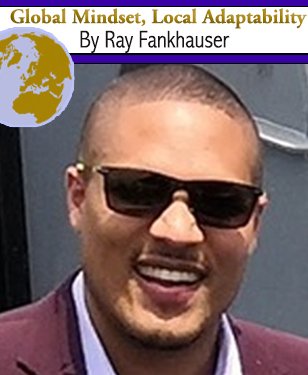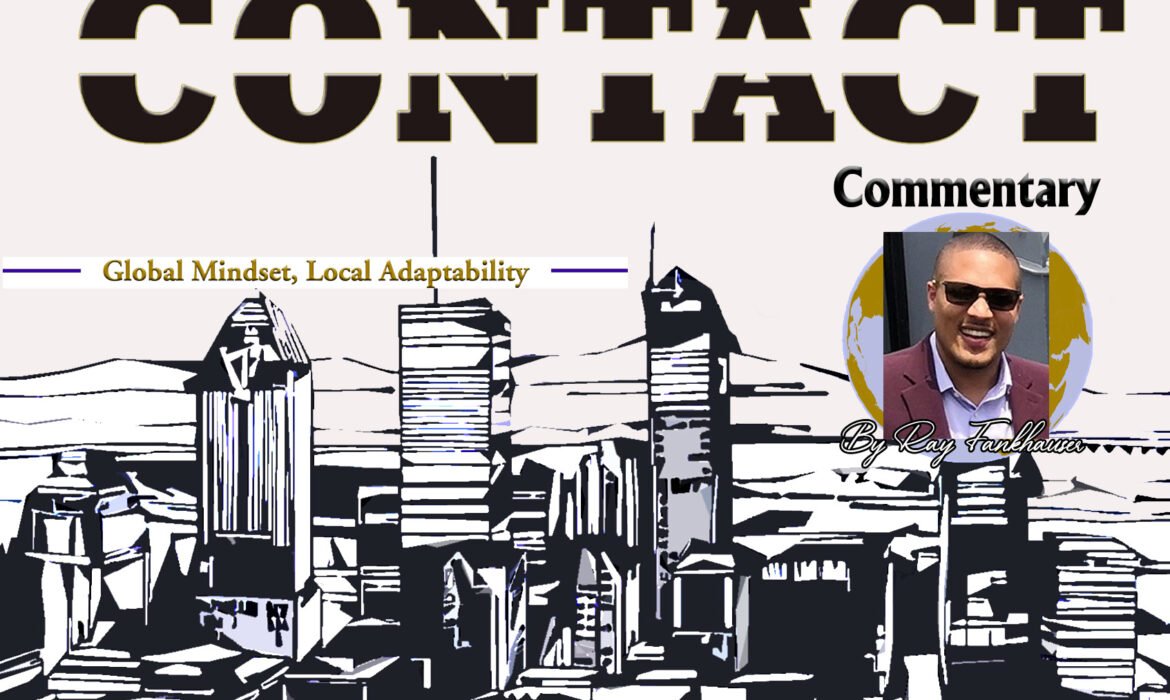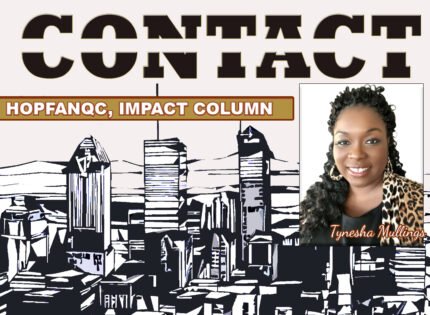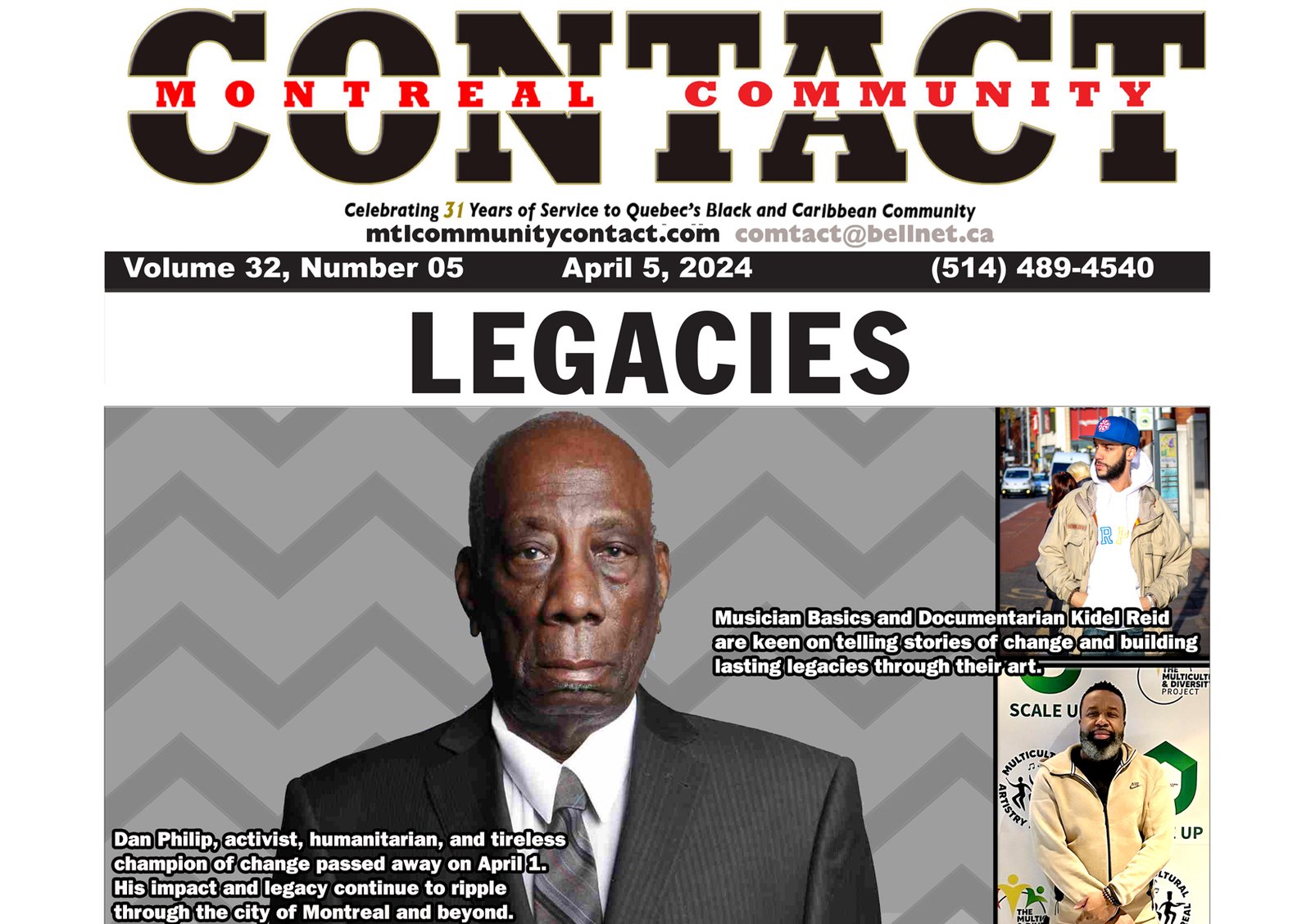 In Part I of this piece, I addressed the reasons for the decline of civil society discourse, and the hyperpolarization of the current political landscape. Now that we have a reasonable understanding of our charged climate, we can look at the risks this represents to our mental health. Even more usefully, we can identify and apply tools, tactics, and tricks to minimize the damage of this dangerous exposure without completely withdrawing from our social and professional circles.
In Part I of this piece, I addressed the reasons for the decline of civil society discourse, and the hyperpolarization of the current political landscape. Now that we have a reasonable understanding of our charged climate, we can look at the risks this represents to our mental health. Even more usefully, we can identify and apply tools, tactics, and tricks to minimize the damage of this dangerous exposure without completely withdrawing from our social and professional circles.
Sensationalism, which is aggravated by the 24-hour news cycle and the always-on nature of the social media landscape, can create the false impression that you are not interacting enough with the world. Social media in particular has created an uneven playing field where extremely negative and damaging content can be directed at you without your ability to directly and symmetrically face the cowards who wish to destroy you.
Not every media post needs or even deserves a response. It is best to post well substantiated content less frequently and resist the urge to respond to comments that are clearly aimed at you as a person or direct comments that should be addressed in a less public forum.
We hear clinical terms like PTSD (Post-Traumatic Stress Disorder) thrown about so carelessly that it has become difficult to understand what really constitutes a mental disorder. As I am not remotely qualified to provide professional advice on mental health matters, I believe it is of paramount importance to establish a support network anchored in reliable access to highly qualified therapists.
It is essential to ensure that your support network includes people who share elements of your lived experience and who understand the concept of intersectionality. Intersectionality allows us to explore the diverse and coexisting aspects of our identity, defining how we exist as a combination of characteristics which can compound our experiences of discrimination and exclusion.
This means, for example, that your racial identity interacts with your language, sexual preference, gender choice, and many other factors which cannot be addressed independently and generate a composite (and often marginalized) lived experience. It essential that you seek the assistance of those who are trained and prepared to engage with you on all levels of your mental health journey.
Here are several of my non-clinical tips to gain a small upper hand on your mental day:
1.Wake up early, and stay away from the news (particularly video news) for at least one hour. Reading or reflecting on spiritual or academic topics, combined with some form of mental (brain games like Sudoku) and physical exercise, allows you to feel more settled ahead of the day’s rush hours.
2.During the day (at least 5 times), read materials that are completely unrelated to the news cycle. These could also involve nurturing a hobby or skill which brings you joy.
3.Acquaint yourself with uncomfortable or jarring views using sites like Wikipedia. While Wikipedia is nowhere near the perfect source of comprehensive information on any particular topic, it does give an overview of the range of opinions you could encounter without engaging too heavily in sensationalist descriptions. If you want to learn about specific schools of thought, the references at the bottom allow you to deepen your research.
4. Instead of focusing on the particularities of the unpleasant views you see, pay attention to the issues at play so you can at least understand how such ideas would have found traction.
Populism (think Donald Trump), for example, plays on the idea of the “forgotten majority” and the “malevolent elite” while simply shifting power and resources from one particular elite to another elite of a very similar type. If you understand the agenda and what people have to gain or lose, their positions will make much more sense.
You don’t have to agree with any position you are exposed to, but you may make progress with individuals and groups with dauntingly closed views by simply demonstrating understanding for what is behind their expressed concerns.
With great care and supportive networks, we can build stronger communities, most importantly to uplift marginalized and forgotten members of society. Let’s use healthy discussion as a springboard to action!















